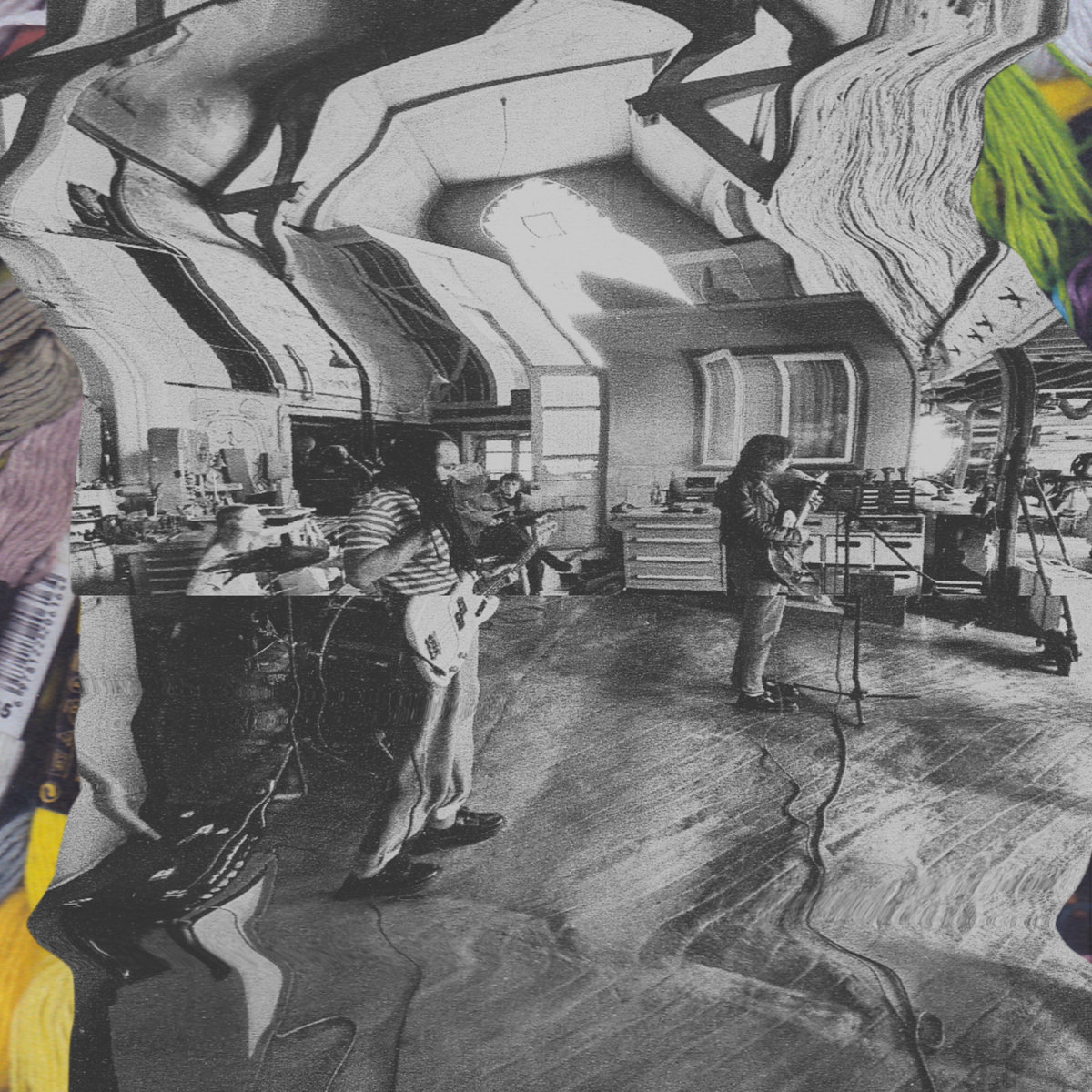Broken Record – Nothing Moves Me | Album Review
/Really Rad Records
“What do you do / When the void fills you? /
A steady flow of vacant thoughts / The sum of which is nil.”
The internal Swim Into The Sound upcoming release doc listed Broken Record’s Nothing Moves Me as “Sunny Day Real Estate + The Cure = Stadium emo.” Despite being an English teacher, this equation made immediate sense and piqued my curiosity.
I feel the need to express that this is not going to be a typical review. It’s not that this album’s music is not worth talking about in the stereotypical “awesome #toanz, dude” manner (the #toanz are indeed awesome, dude). As a music listener, however, I am drawn first toward how all of the instruments and vocals sound in concert with one another. Nothing Moves Me showcases lyrics that, funnily enough, move me and push me as both a music fan and critic.
For some more context, I am a person who struggles with depression. Right around when I received the press stream of Nothing Moves Me, I was prescribed Lexapro. At first, it felt like a godsend. Spring and then summer wore on, and my partner confirmed something I had suspected: the prescription muted me and my world. Everything felt evenly mediocre. After a while, everything feeling mediocre starts to suck. I would rather experience the ups and downs.
It was during this period of medication that I played Nothing Moves Me over and over again. Regardless of my personal state, this is certifiably catchy emo. There are hooks on hooks and beautiful harmonies in every track, especially in singles “Weightless,” “Blueprinting,” and “See It Through.” These three songs buoy the record's first half with exciting second-wave emo sounds, the intro to “See It Through” almost sounds like it's referencing Taking Back Sunday’s “Cute Without the ‘E’ (Cut From the Team).”
Beyond hooks, the band excels with track sequencing. “Weightless” opens up into a spacey bridge that seamlessly meanders into “Round 2,” the epic six-plus-minute track. As a Jimmy-Eat-World-album-closer nerd, singer-guitarist Lauren Beecher, guitarist Matt Dunne, bassist Corey Fruin, and drummer Nick Danes are appealing directly to me. (Dear Broken Record: please explore this anthemic, slowcore-leaning sound more on your next release.)
What impresses me most, though, is the use of production and composition to enhance those hooks. Opener “Nothing Moves Me” begins with driving a dirty, driving bass line that trickles into a tight song with a contrasting, clean, right-panned arpeggiated guitar. The first song on the album showcases just how great a band Broken Record are; the following 32 minutes are a cherry on top.
“What about the lyrics, Joe?” is what you should be asking right now.
Now weaning myself off Lexapro, Nothing Moves Me hits differently. The reverb-rich and chorus-laden production makes the album sound underwater, which is how I feel when I am in the throes of a rough depressive period. Then there is the album’s cover, which features a skeleton sitting in the shade rather than the sun. Hell, the title is Nothing Moves Me. All this context pushed me to engage more deeply with the lyrics, and the epiphany was confirmed: this is an album about depression. The songs are not necessarily hiding this message; my world was just too grayed out to see it. The theme of depression permeates every track, but personal favorites include “Runner’s Digest” (“But I can’t fake / away the shame / I’m sick of empty hope / and consolation prizes”) and “Vacuum Tube Supplies” (the whole dang song).
Broken Record’s Nothing Moves Me is an important album not only for the upstart Colorado band but for all listeners, those contending with mental health issues or not. The sophomore effort solidifies Broken Record as incumbent torchbearers for both the genre, and for those wrestling with a void inside themselves, myself included. While it is one thing to create an incredible piece of art like Nothing Moves Me, it is another thing entirely to speak to and validate a population of people typically misunderstood for their behaviors and attitudes. Broken Record make doing both look easy.
Joe Wasserman lives with his partner and their dogs in Brooklyn. When he’s not listening to music, he plays bass in bands, writes stories, and releases music as After School Special. You can find him on Twitter at @a_cuppajoe.









